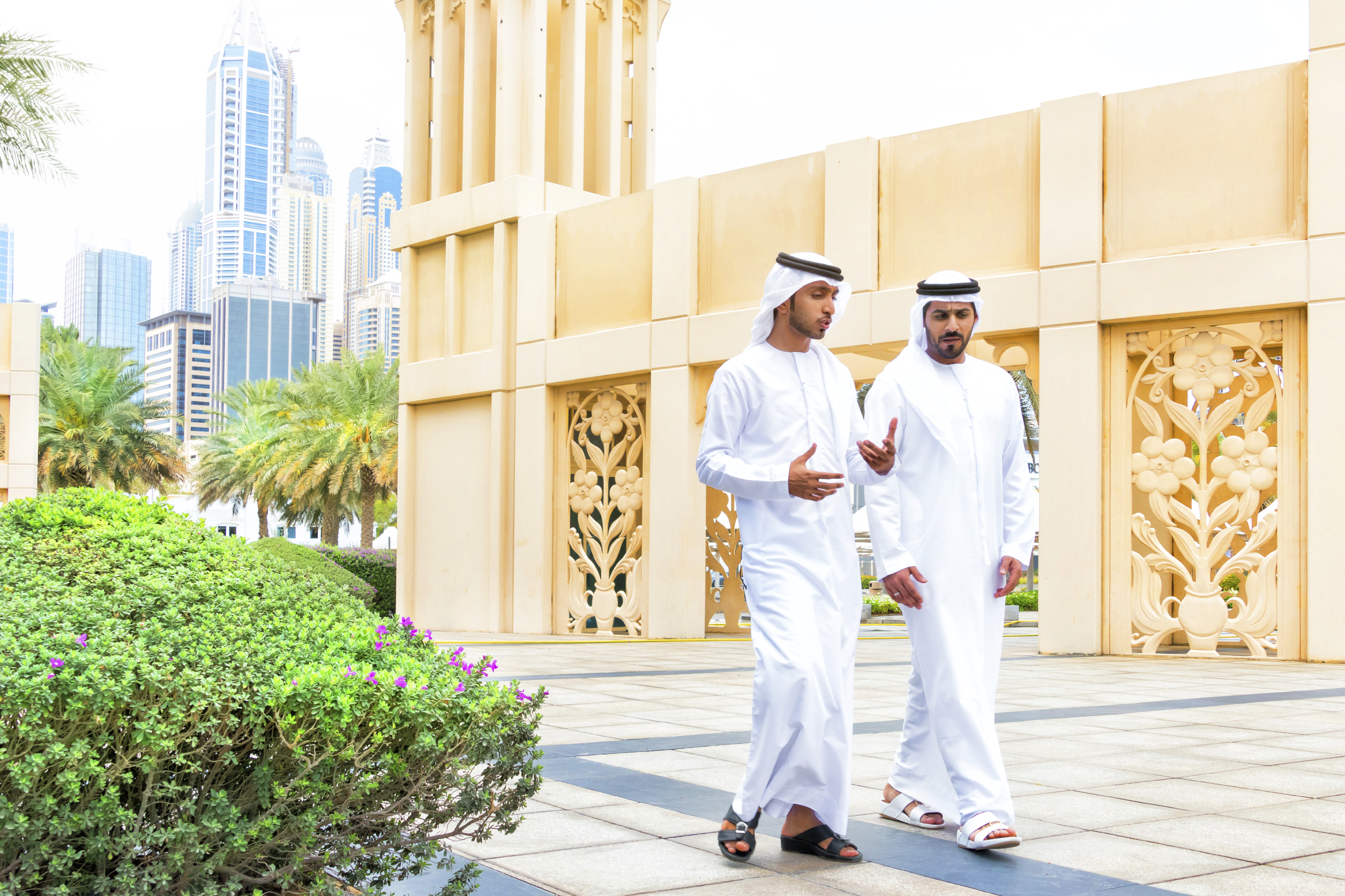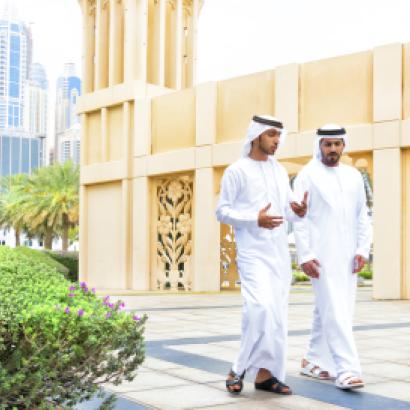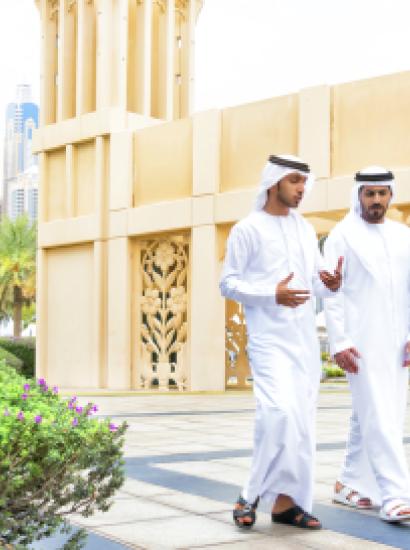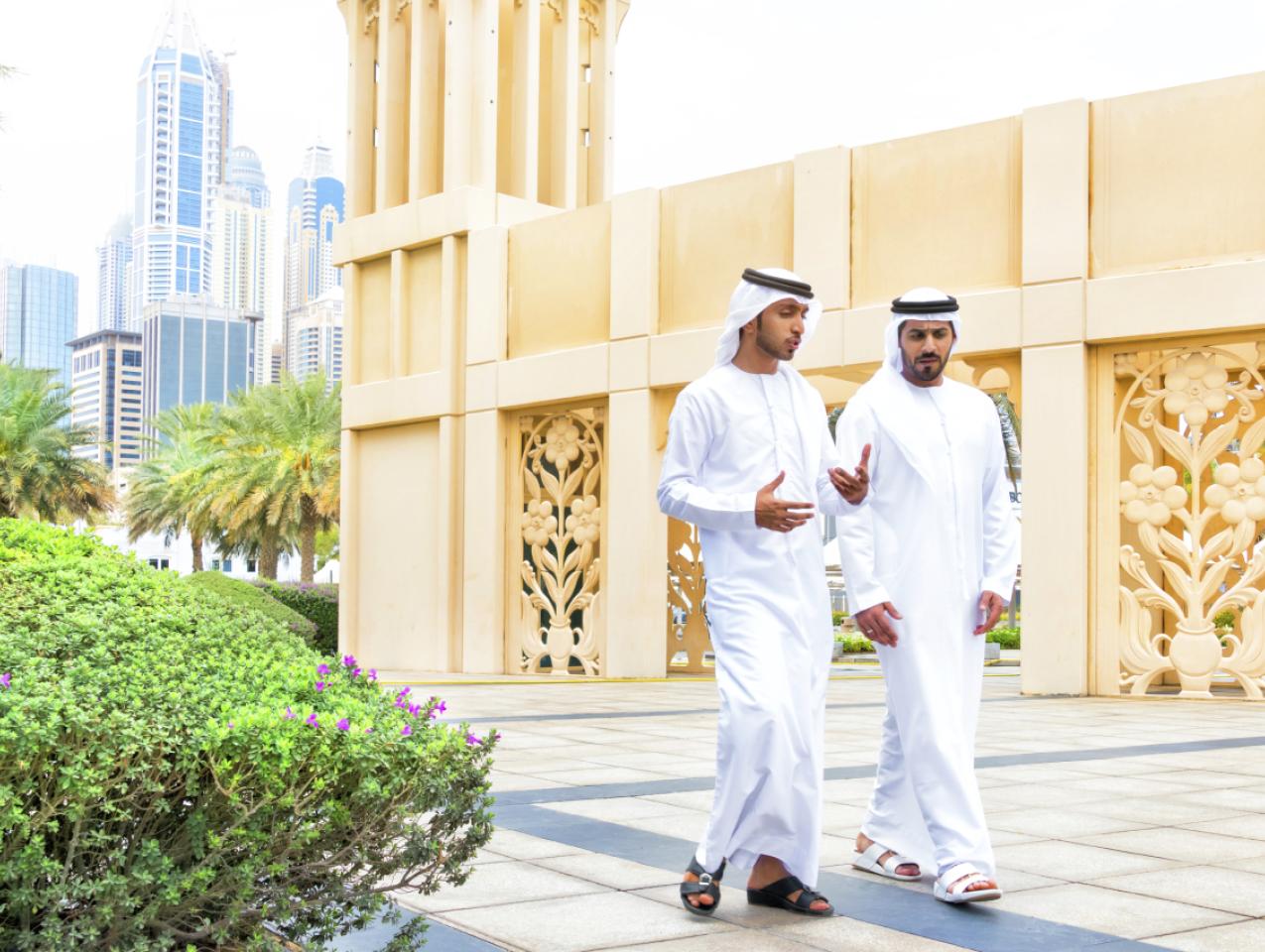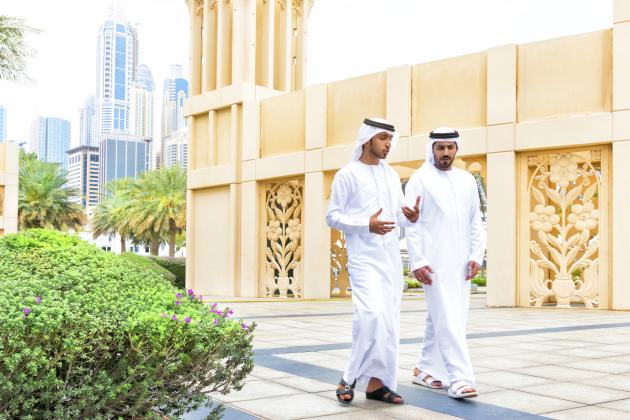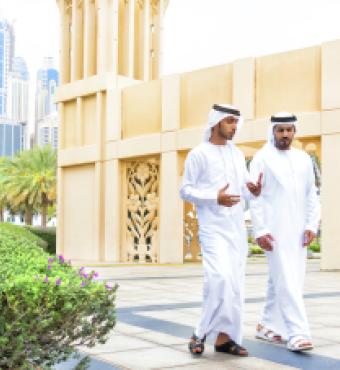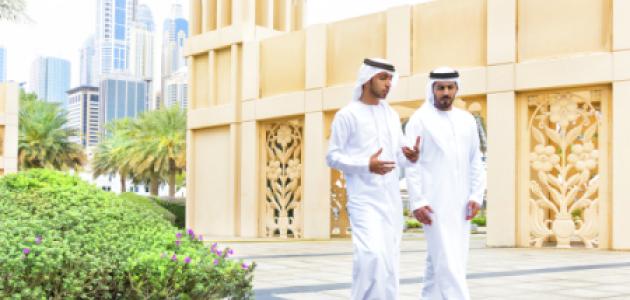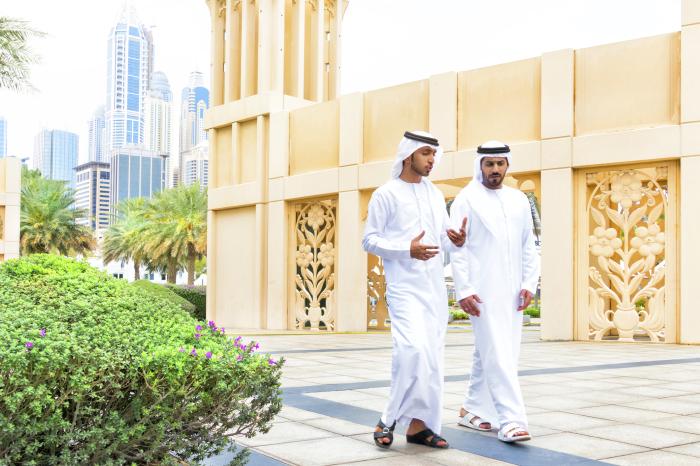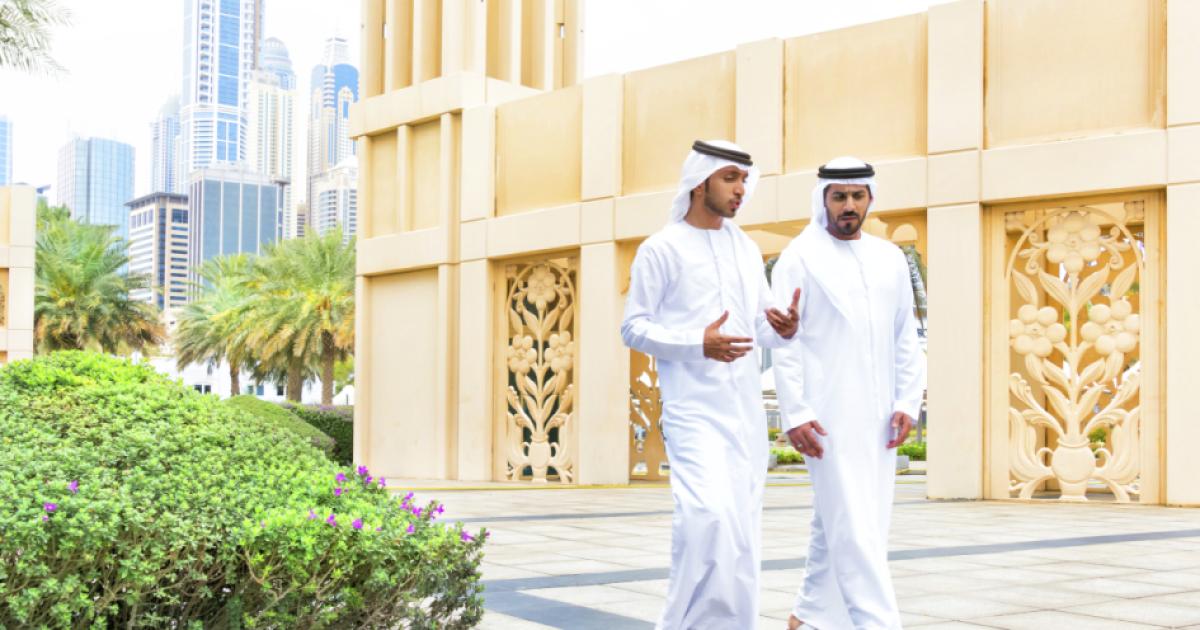After at least two decades of domestic drift under geriatric rulers and overdependence on US protection in a dangerous region, the kingdom is starting to stand up on its own. There are two reasons for this.
First, there is a generational change in leadership with the appointment of energetic and activist Prince Mohammed bin Salman, 30, son of King Salman, as deputy crown prince. In his new role, the deputy crown prince is also minister of defense, economic czar and in charge of ARAMCO, the Saudi oil company and source of 70% of the Kingdom’s revenues. In every area, the young prince is shaking up the sclerotic Saudi system and along with it the somnolent Saudi society. Not since Abdul Aziz al Saud, founder of the modern Saudi state in 1932, has a prince his age wielded such power. The rise of the young prince has upset some others in the royal family, but for the time being, with his father’s support, he is firmly in charge.
Second, for decades through every American president since FDR the Saudis have confidently relied on Uncle Sam to protect them from threats in their dangerous neighborhood. Under the Obama Administration, that has changed. Saudis have seen President Obama dumping longtime American ally Hosni Mubarak, failing to enforce its red line against Syrian strongman Bashir al-Assad’s use of chemical weapons on his people and above all courting revolutionary Iran whom the Saudis rightly see as their implacable enemy. To Saudis it is as if their longtime nanny has walked off the job.
Over the past year the Saudi regime has asserted itself more than at any time in decades. It has militarily intervened in neighboring Yemen to combat Iranian proxies there. It is supporting anti-Assad forces in Syria. It has led the formation of a 34-nation Islamic coalition against terrorism. It has broken diplomatic relations with Iran and after 25 years reestablished relations with Iraq in hopes of countering Iranian influence there. And Saudi rulers have met a parade of world leaders including Vladimir Putin of Russia and President Xi Jinping of China to underscore that the Kingdom has options. All these moves are being made independent of the U.S. More importantly, they are being made to demonstrate independence from the U.S. A frequently asked question in Riyadh these days by Saudi officials is whether the Obama foreign policy represents a permanent shift in US policy toward the Mideast or an eight-year aberration. For the time being—and ironically--the Saudis who have long needed to grow up are unintended beneficiaries of President Obama’s weak foreign policy.
How successful an assertive Saudi foreign policy in the region will be remains to be seen. For now, the Saudis do enjoy the support of the Gulf countries, most of whom followed the Kingdom in breaking relations with Iran. It is still unclear whether the 34-nation Islamic coalition has any military component or is mostly a public relations move with some modest intelligence sharing. Egypt, the most populous and potentially powerful Sunni state, certainly leans toward the Saudis at least partly out of economic desperation. But whether the Kingdom whose revenues fell 50 percent last year can afford to prop Egypt up and secure its active regional support is uncertain.
Meantime, Shia Iran shows no sign of tempering its hegemonic regional ambitions or its hostility to Sunni Saudi Arabia. With more than $100 billion in unfrozen assets coming its way, Tehran’s ability to make mischief in the region and cause smaller states to rethink an alliance with the Saudis will only increase.
For the moment the Saudis are determined to try to lead. In truth they have little choice. As they see it, the Kingdom is the ultimate target of Iran. It is only by toppling the Al Sauds, securing control of Islam’s holy cities of Mecca and Medina, not to mention the Saudi oil fields, can Iran fulfill its revolutionary ambition. To make matters worse, ISIS, which has nothing else in common with Shia Iran, also covets the Kingdom as the ultimate center of its Sunni caliphate. So the Saudis aren’t paranoid.
Saudi citizens largely accept that Iran is a threat to the Kingdom. As a result, the regime is able to risk making what for Saudi Arabia are radical internal reforms. With sharply reduced oil revenues, the Kingdom no longer can afford to buy public loyalty with the traditional level of subsidies and handouts. The deputy crown prince, Mohammed bin Salman, is outspoken in his determination to transform the Saudi economy from one dependent on government to one driven by private sector initiative and growth. That won’t be easy. Already, the government has cut water and electricity subsidies and raised energy prices. More austerity moves, including for the first time, taxes, are on the way. Long sleepy Saudi ministries are being shaken up and ministers fired.
These moves are popular, particularly with young Saudis—and 70% of Saudis are 30 years of age or younger. Whether a dependent Saudi society can ‘grow up’ also remains to be seen. All that is certain for now is that the Kingdom for the first time in decades is being led by a new generation prince who firmly intends for the Kingdom to both wake up and grow up.







